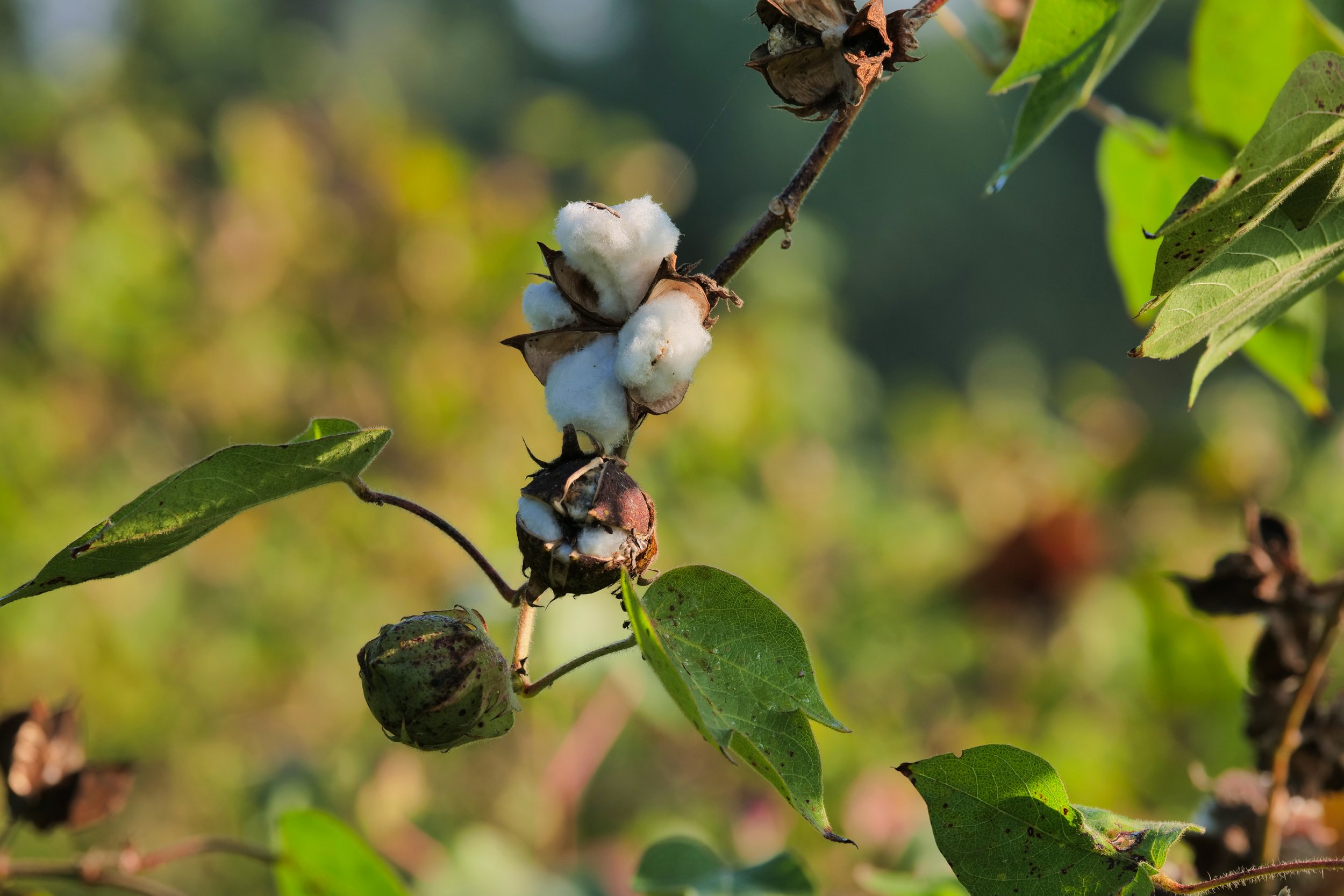World Water Week 2017 – ‘water and waste: reduce and reuse’
World Water Week, from 27 August – 1 September, is the annual focal point for the globe’s water issues, bringing together professionals from a range of sectors and countries to discuss the most pressing water-related challenges of today.
This year’s theme is “water and waste: reduce and reuse”, and as businesses highlight our challenges to achieve sustainable development in a changing world, we are reminded about the growing threat to one of the world’s most important commodity crops: cotton.
Cotton represents nearly half the fibre used to make clothes and textiles worldwide. Approximately 20 million tonnes of cotton is produced each year in 90 countries, supporting some 250 million livelihoods.
Yet cotton farming is the largest consumer of water in the apparel supply chain (waterfootprint.org). Conventional cotton production methods are environmentally unsustainable, associated with inefficient water use and high rates of water pollution. Across the entire supply chain, the global average water footprint for 1kg of cotton is 10,00 litres, roughly the amount required to produce one T-shirt and a pair of jeans – meaning an excessive amount of the world’s clean water is concentrated in the textile industry.
…The future of cotton is jeopardised by significant sustainability challenges.
In cotton growing regions, water is becoming scarcer. It is predicted that by 2030, the amount of safe water could drop by 40% and that two-thirds of the world’s population could live under stressed water conditions by 2025.
Over farm generations we have seen the water table drop dramatically, therefore despite monsoon flooding in some areas of India and Pakistan, water is still a precious commodity in farm communities.
The need for efficient water use and cotton farming methods is growing in urgency – to address climate change impacts and the depletion of natural resources, farm community resilience will be required. Smallholder farmers operating in the developing world are suffering most from this water threats, so training them to farm more sustainably is vital if we are to have a supply of cotton in the future.
CottonConnect
At CottonConnect, we are working towards transforming the worlds cotton for good and creating a more sustainable cotton supply chain. In 2014, CottonConnect released ‘More Crop Per Drop – Water Report on the Cotton Industry’ revealing the growing need to protect the cotton industry from the global water scarcity problem. Together with the Better Cotton Initiative and major brands such as Laudes Foundation (formerly C&A Foundation) and John Lewis, CottonConnect is empowering farmers with the skills they need to farm sustainably and conserve water, with the aim of reducing cotton’s water footprint.
Sustainable cotton reduces cotton’s water footprint as it uses no chemicals. Simple interventions can significantly reduce water use and bring big benefits for smallholder cotton farmers. The report shows that interventions such as green mulching and soil conservation have resulted in 30% lower water use among smallholder farmers. Other basic agricultural practices, farmer training, and knowledge sharing also teach farmers about how to be aware of pesticide volumes and how this impacts their crop yield.
The installation of simple, modern technologies can also reap significant benefits for smallholder farmers. Low-cost improvements such as drip irrigation systems and rainwater harvesting can result in water savings of up to 60%. Drip irrigation systems could have the most significant impact on cotton farming, given that in India alone these systems have boosted cotton production by 50% compared to conventional methods.
Rethinking our way with water can achieve wide-ranging benefits. From improving livelihoods to generating stable incomes and preserving biodiversity, training farmers on sustainable cotton practices is a vital way to meet the United Nations’ Sustainable Development Goals.
If you are a brand or retailer looking to create a more resilient cotton supply chain by supporting smallholder farmers and scaling up these sustainable practices, get in touch with CottonConnect to find out more about our programmes.































